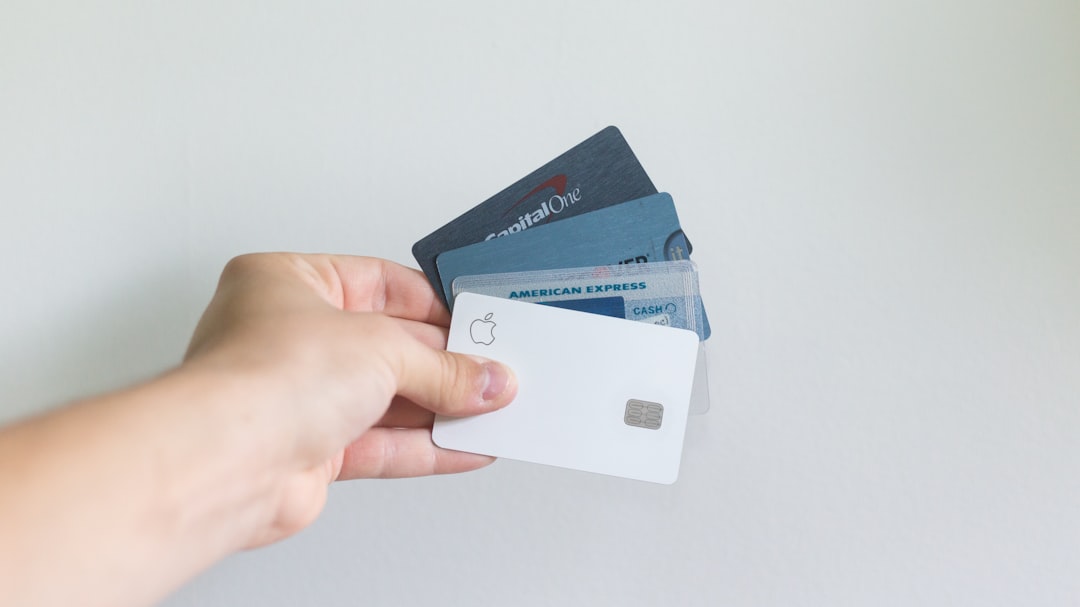Debt consolidation loans in the UK offer a solution to manage multiple debts by combining them into one with lower monthly payments and interest rates. Secured loans use assets as collateral, while unsecured loans rely on credit history. Some lenders provide options with no credit check, catering to diverse applicants seeking debt relief without strict upfront requirements. Tailoring loan types based on debt and credit profiles can optimize savings and flexibility in managing financial obligations.
In today’s financial landscape, managing multiple debts can be a daunting task. Debt consolidation loans offer a potential solution for UK residents seeking clarity and control over their finances. This comprehensive guide explores two primary types: secured and unsecured, delving into their unique characteristics, benefits, and risks. We also uncover the advantages of combining these options to simplify repayment without the need for a credit check. Understand the intricacies and make informed decisions towards financial freedom.
- Understanding Debt Consolidation Loans
- Secured Loans: How They Work
- Unsecured Loans: Benefits and Risks
- Combining Secured and Unsecured Options
Understanding Debt Consolidation Loans

Debt consolidation loans are a popular solution for individuals seeking to simplify their financial obligations by combining multiple debts into one single loan. This streamlined approach can significantly reduce monthly repayments and even lower overall interest rates, making it easier to manage your finances. In the UK, both secured and unsecured debt consolidation loans are available, each with its own unique features and considerations.
When exploring options, it’s worth noting that some lenders offer a hybrid model, combining aspects of both secured and unsecured loans. This flexibility is particularly beneficial for those with varying credit profiles. Moreover, many financial institutions now provide debt consolidation loans with no credit check, making it accessible to a broader range of applicants. These loans can be a game-changer for folks looking to escape the hassle and stress of multiple debt repayments, offering a clear path towards financial freedom.
Secured Loans: How They Work

Secured loans, a popular choice for debt consolidation in the UK, operate on a simple yet effective principle. When you take out a secured loan, you use an asset as collateral, which acts as a safety net for the lender. This could be your home or any valuable property you own. The advantage is that lenders offer lower interest rates on these loans because they have a way to recoup their funds if you default. It provides borrowers with an opportunity to consolidate multiple debts into one manageable repayment, often at a more affordable rate.
This type of loan is ideal for those with a good credit history and a substantial asset to use as collateral. The application process typically involves assessing the value of your property, verifying your identity, and evaluating your financial health. With no credit check required, secured debt consolidation loans offer a viable option for individuals seeking to simplify their repayment schedule without extensive background scrutiny.
Unsecured Loans: Benefits and Risks

Unsecured loans offer a convenient option for those seeking debt consolidation, as they do not require any collateral, hence the term ‘unsecured’. This makes them accessible to a wide range of borrowers, including those with less-than-perfect credit scores or limited assets to pledge. One significant benefit is that unsecured loans can be approved quickly, often with minimal documentation and no lengthy credit checks, which is ideal for individuals in urgent need of debt relief.
However, the absence of collateral also means lenders may charge higher interest rates on unsecured debt consolidation loans. Additionally, if repayments are missed or defaulted upon, there are no assets to seize, leading to potential negative implications for credit scores and future borrowing capabilities. Therefore, while unsecured loans provide flexibility and speed in debt consolidation, borrowers must carefully consider their repayment capacity to avoid potential financial risks.
Combining Secured and Unsecured Options

Many individuals in the UK are now considering debt consolidation loans as a way to manage their finances, with options available for both secured and unsecured debts. Combining these two approaches can be a powerful strategy for those who want to simplify their repayment process. Secured debt consolidation loans use an asset, such as a property or vehicle, as collateral, providing lenders with a safety net in case of non-repayment. This often results in lower interest rates. On the other hand, unsecured loans don’t require any collateral and are based solely on the borrower’s creditworthiness, making them ideal for those with limited assets but good credit history.
By combining both secured and unsecured debt consolidation loans, individuals can leverage their unique financial situations. For instance, using a secured loan for high-interest debts like credit cards and an unsecured loan for more personal or unpredictable expenses offers flexibility and potentially saves money on interest over the long term. This approach is especially appealing to those seeking debt consolidation loans with no credit check, as it allows them to access funds without stringent upfront requirements, focusing instead on the overall debt management strategy.
Debt consolidation loans can offer a strategic path towards financial freedom, whether secured or unsecured, or a combination of both. Understanding the nuances between these options, such as those available in the UK with no credit check, is vital for making an informed decision. Secured loans provide stability with collateral, while unsecured loans offer flexibility without it. Combining both can sometimes be the best approach, balancing risk and reward. When considering debt consolidation, evaluate your financial situation and choose a method that aligns with your goals and capabilities.
